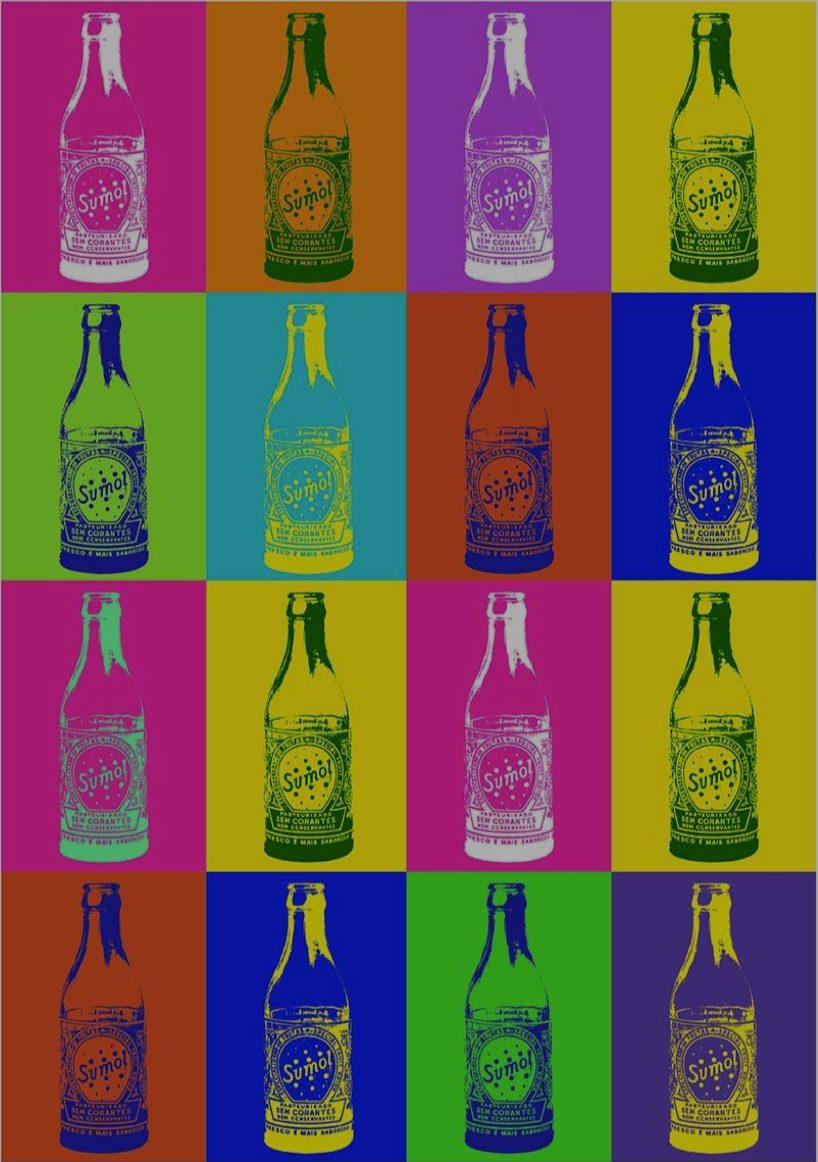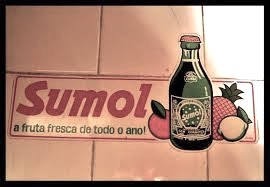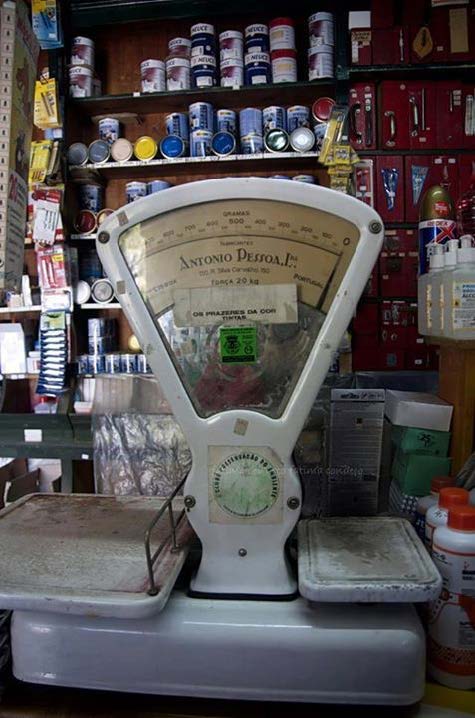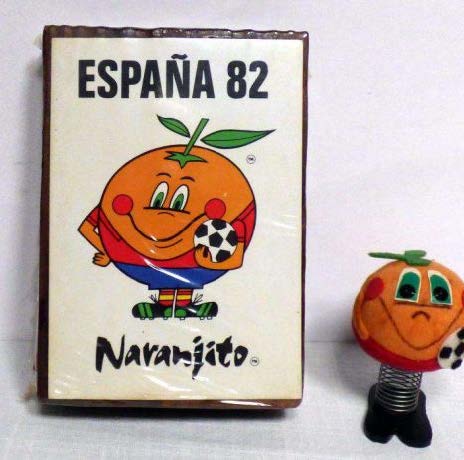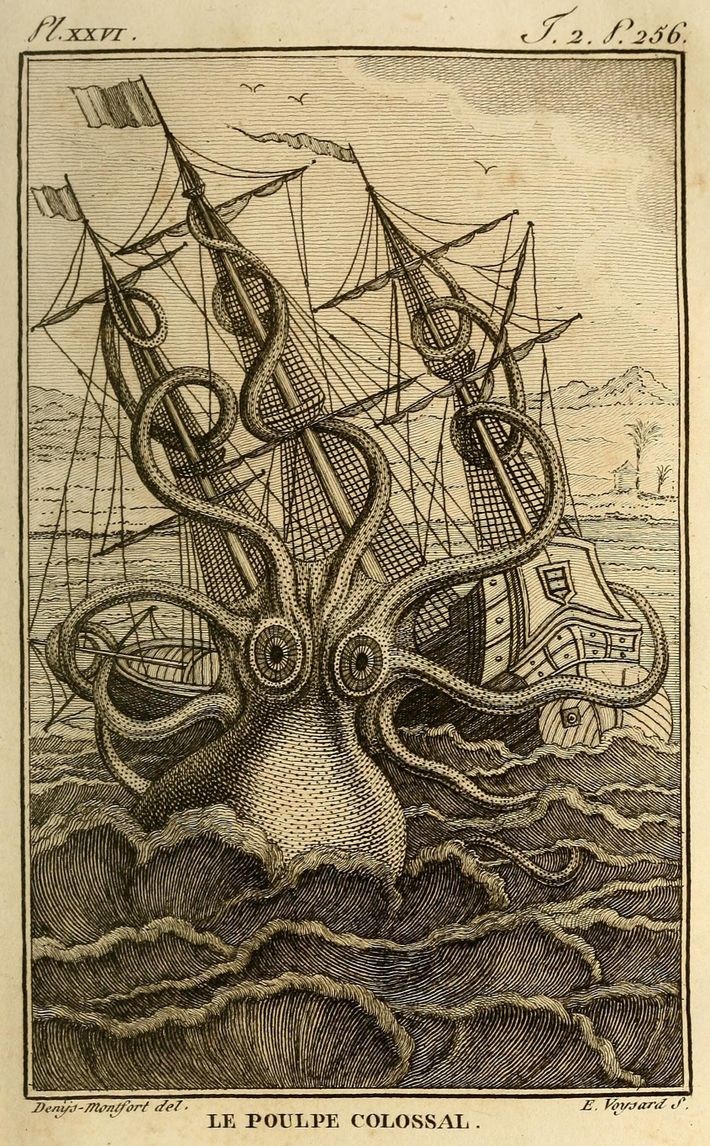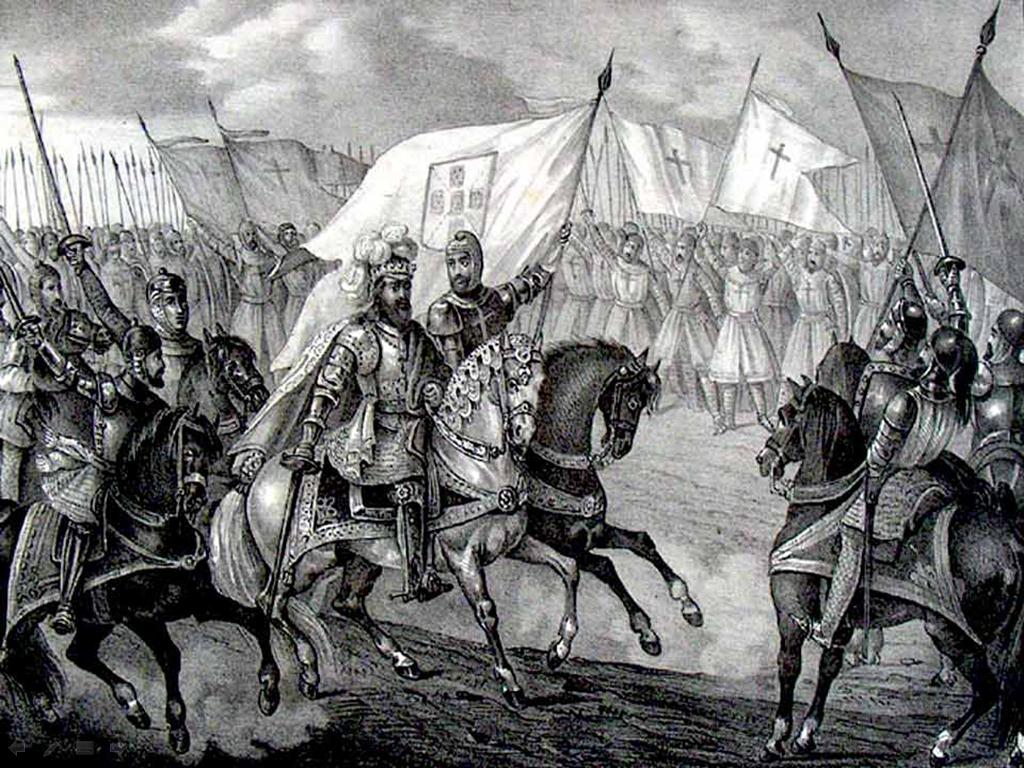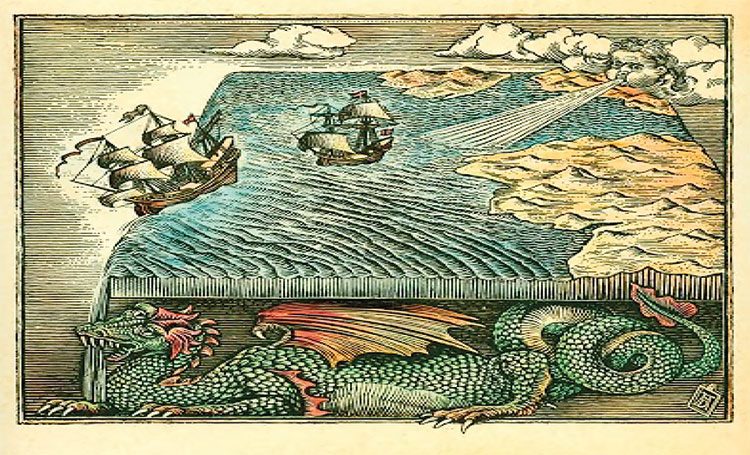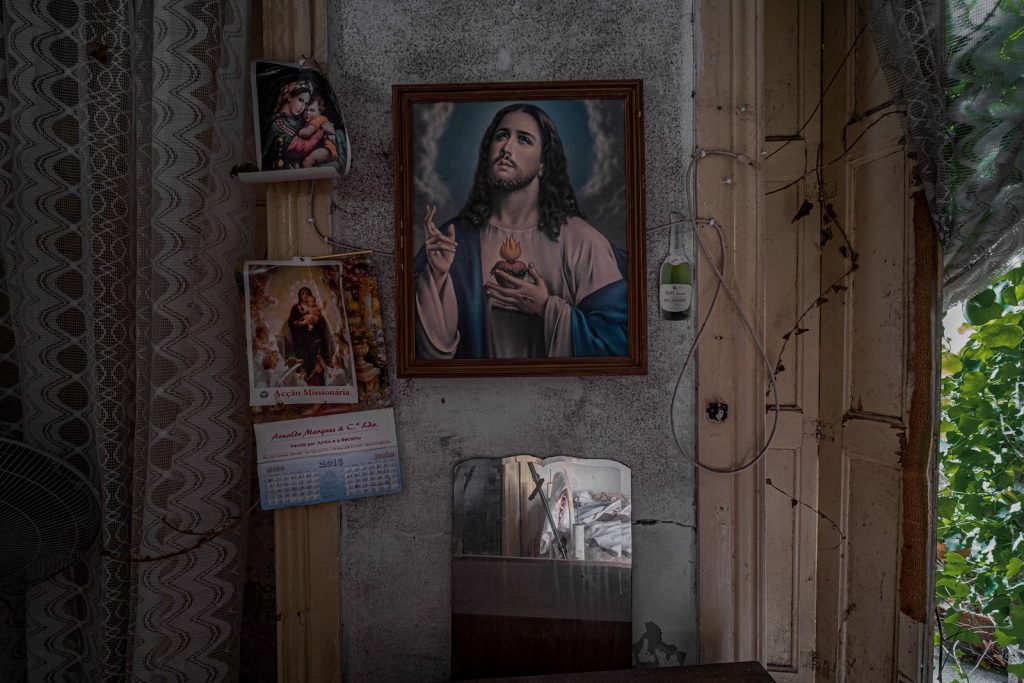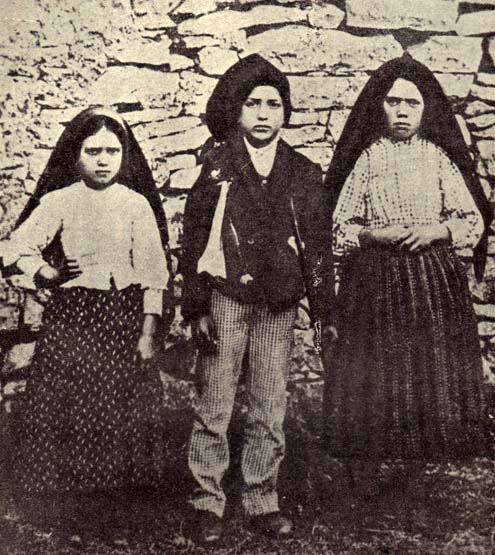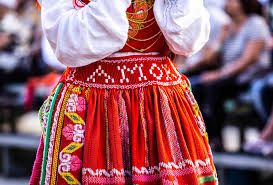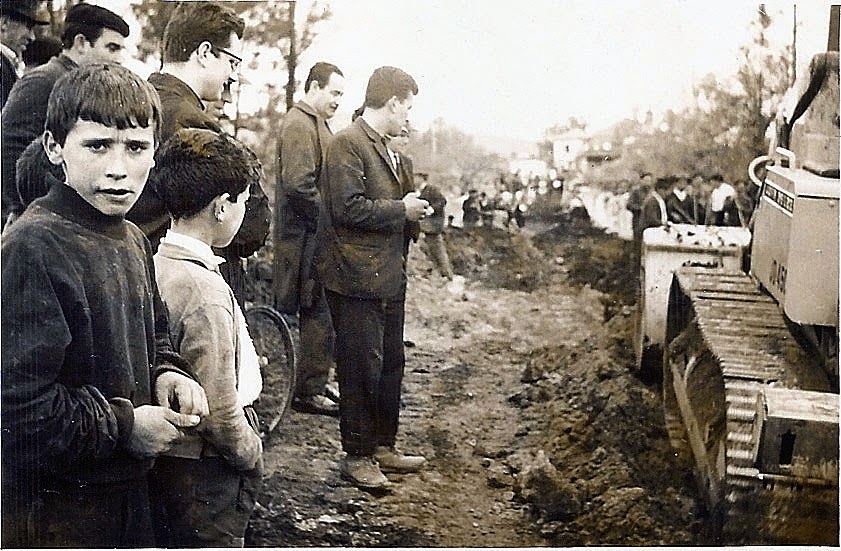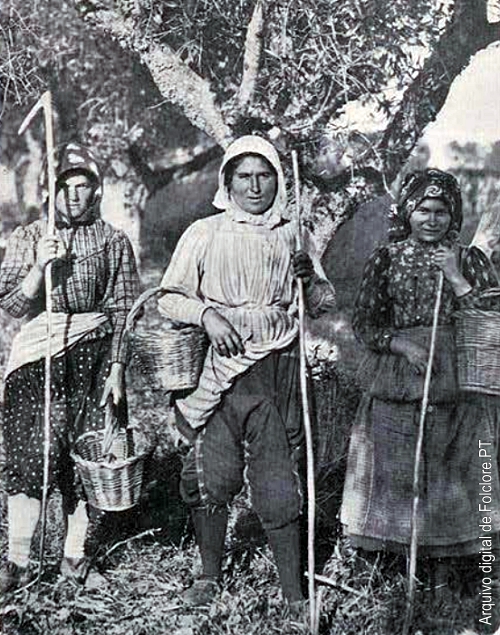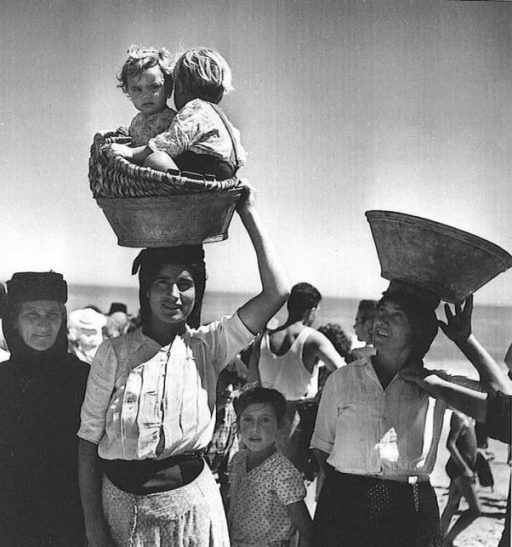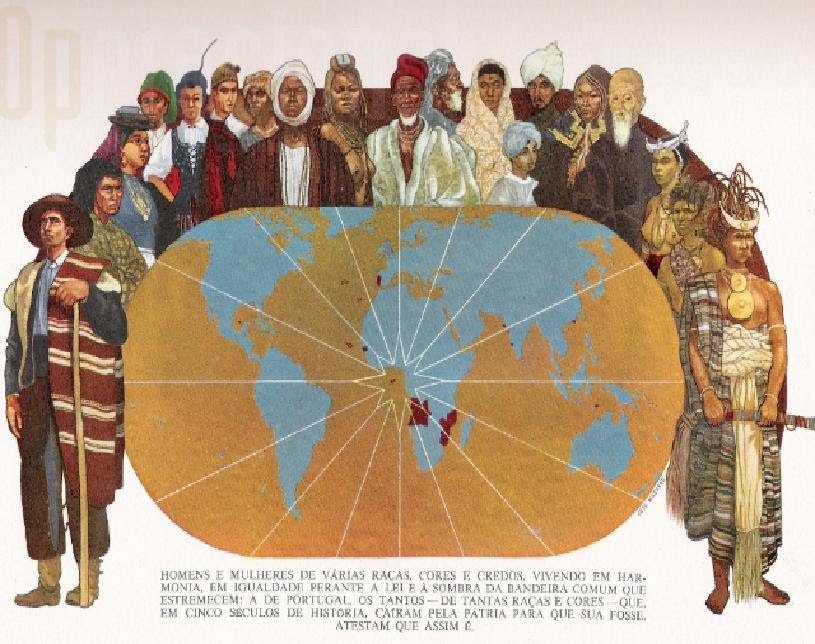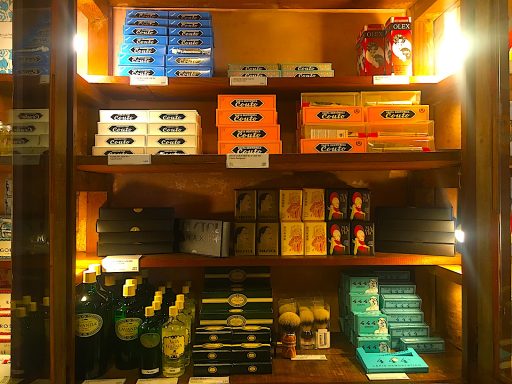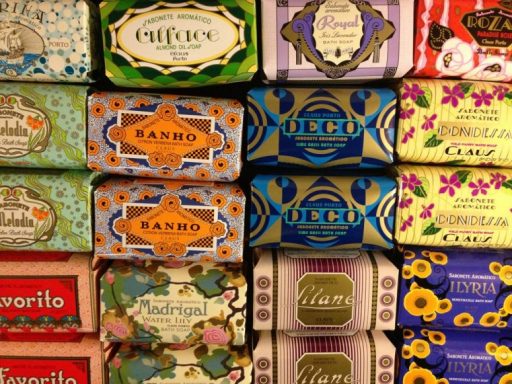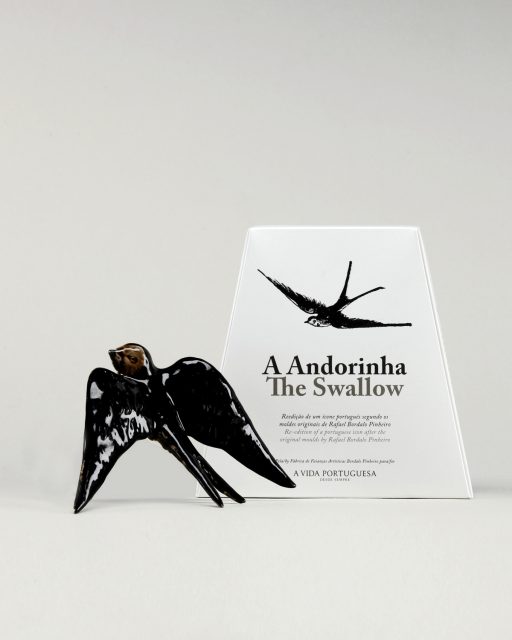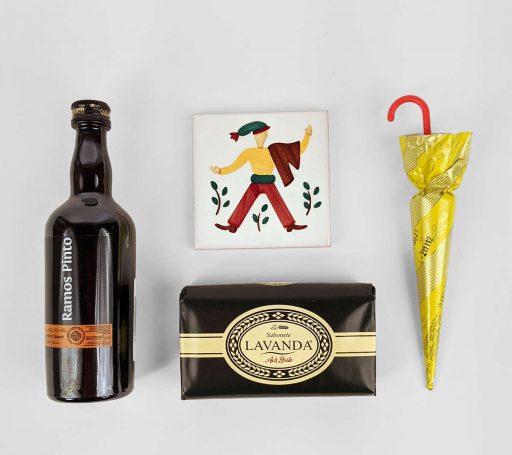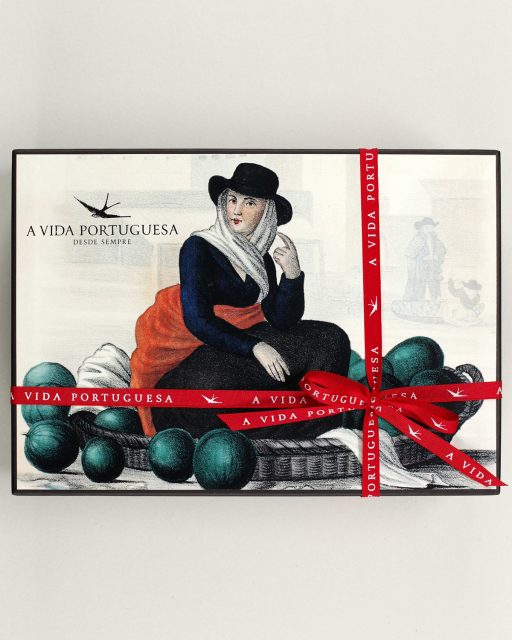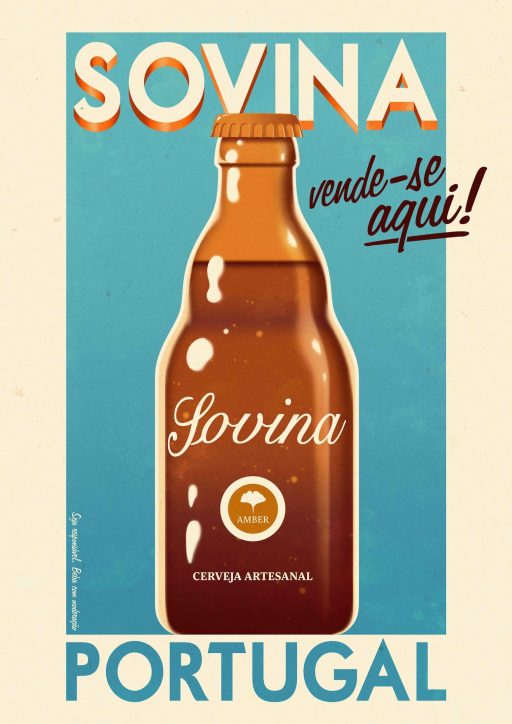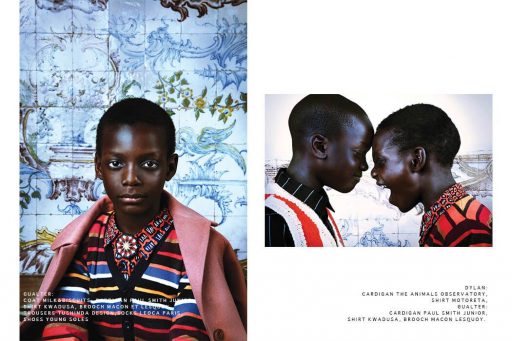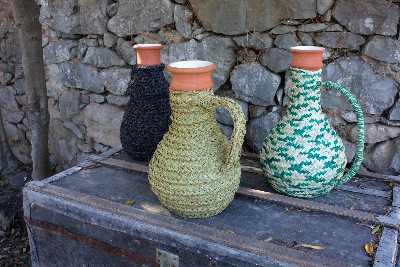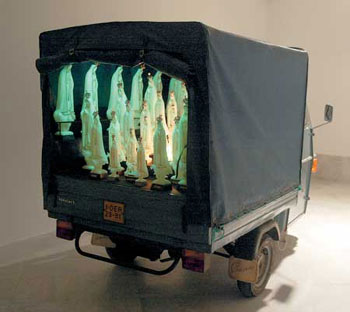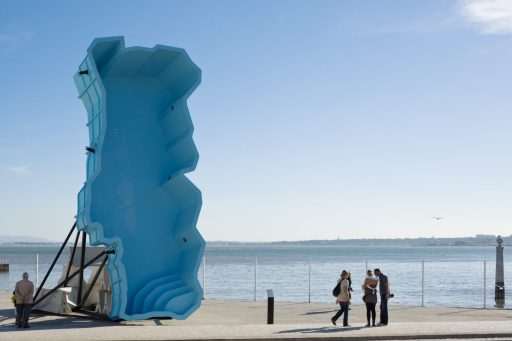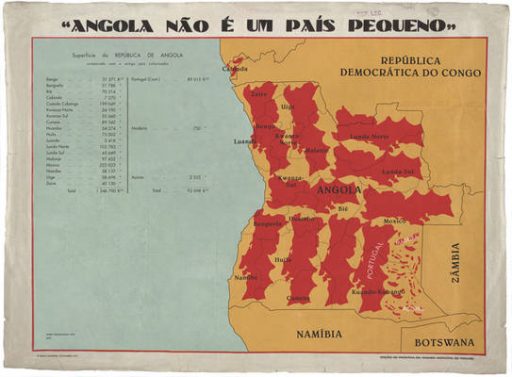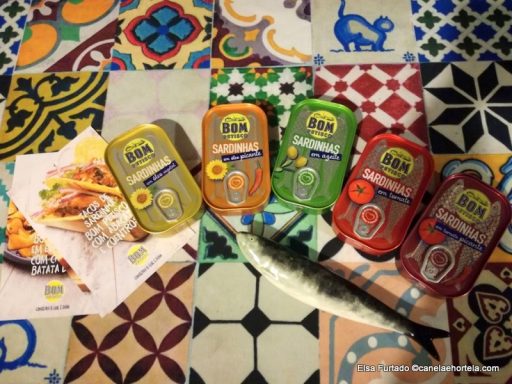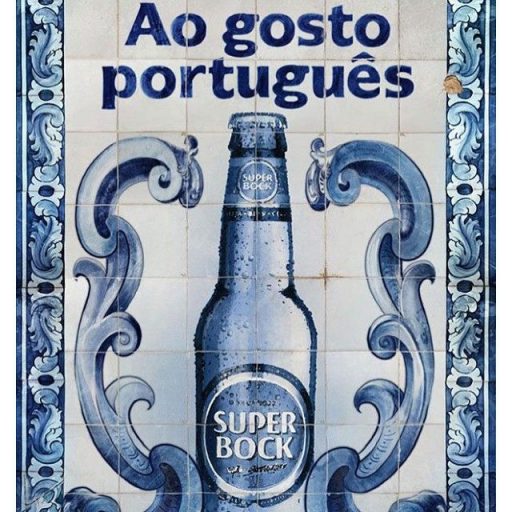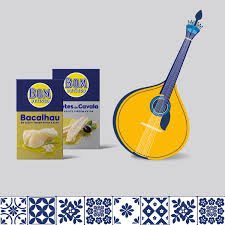Sumol Portugal-ness
approach
Research :: Futurista
Concept :: Futurista
Project Management :: Sumol+Compal
Project type ::
Culture + Semiotics
Challenge
Sumol is a fruit flavour Soft Drink, a key player from the 70’s and an iconic pop culture portuguese brand. In a pandemic context, when consuming Portuguese products has become increasingly relevant, Sumol asked Futurista to look for an angle of Portugal-ness for Sumol. What does it mean to be Portuguese? What kind of approach of Portugal-ness can Sumol have and how can it be embedded in the brand?

M01
70’s popular FMCG artefacts
Process
We have gone into an in-depth journey into Portuguese culture and what it means to bem Portuguese: how has the concept evolved? What are the mythologies portrayed around it? What does it mean today?
Portugal-ness, the idea of a portuguese way of being, was created by Salazar in the dictatorship period, in the last attempt to preserve the colonial empire, the national cohesion, and get some international support. The narrative highlighted three main characteristics:
[1]
the bravery of the people, capable of great sacrifice and great deeds, that conquered the country to the moorish in the middle ages, faced the unknown sea in the discoveries period;
[2]
a traditional country; a humble people, capable of great sacrifice in their tough daily life devoted to work, family, religion and the mother land and;
[3]
a friendly, kind, and tolerant people (the most humane of all colonisers in opposition to the barbaric spanish people) — a fake collective construction that aimed at gaining support to the colonial cause — a trait that is still mentioned today, reinforced by the pacific coup d’état of 1974 — The carnation, or April, Revolution.
[3]
a friendly, kind, and tolerant people (the most humane of all colonisers in opposition to the barbaric spanish people) — a fake collective construction that aimed at gaining support to the colonial cause — a trait that is still mentioned today, reinforced by the pacific coup d’état of 1974 — The carnation, or April, Revolution.
An identity crisis of shame and self-rejection happened after the Revolution. The portuguese people were then described as a nostalgic, lethargic passive people, depressed for missing a purpose as great as the discoveries. It was also defined as a contradictory people whose inferiority complex from being a small peripheral country, stuck between spain and the sea, created a passive victimised people, that spends their days moaning and complaining for their fate; and gave rise to a compensatory obsession for greatness, that appears only when facing the impossible.

An identity crisis of shame and self-rejection happened after the Revolution. The portuguese people were then described as a nostalgic, lethargic passive people, depressed for missing a purpose as great as the discoveries. It was also defined as a contradictory people whose inferiority complex from being a small peripheral country, stuck between spain and the sea, created a passive victimised people, that spends their days moaning and complaining for their fate; and gave rise to a compensatory obsession for greatness, that appears only when facing the impossible.
Portugal changed immensely when it joined the EU, as it assumed a new centrality and its role of bridging Europe with the south — African and South American countries.
This centrality gave rise to intercultural exchanges that brought Portugal to postmodernity: Portugal-ness can no longer be easily stereotyped.
What Portugal-ness means today is an open mix of cultural influences that fragment its meaning. This intercultural Portuguese knows the value of diversity and is interested in absorbing and influencing others with no other goal in mind rather than fluidly constructing, questioning and deconstructing identity.
As in many places in the contemporary world, experimentation is the goal in itself. But this interculturality is the Portuguese natural way of being, rather than a pacific silent sabotage, resentment or angriness towards globalisation.
M02
Postmodern intercultural portugal-ness
M02
Postmodern intercultural portugal-ness
We also analysed how Portugal-ness is approached by different Portuguese brands and concluded that the contemporary fragmentation makes identity harder to define, so brands most often portray Salazar’s stereotyped version of the Portuguese people and fail to portray these new versions of being Portuguese: the imagery portrayed is superficial and dated.
M03
Sumol Portugal-ness
We also analysed how Portugal-ness is approached by different Portuguese brands and concluded that the contemporary fragmentation makes identity harder to define, so brands most often portray Salazar’s stereotyped version of the Portuguese people and fail to portray these new versions of being Portuguese: the imagery portrayed is superficial and dated.
Solution
With these ideas in mind, we then explored a creative concept to feed Portugal-ness in Sumol, aligned with what the brand represents: celebration of authenticity. We also defined how can the concept be applied to Sumol’s existing channels and touch points.
Sumol, as a brand that celebrates authenticity, needed an authentic approach to Portugal-ness. But nationalities are artificial concepts, hence, the contradiction between authenticity and Portugal-ness. So how to approach Portugal-ness in an authentic way?
Our proposal was that Sumol portrayed an open non-prescriptive identity of being Portuguese, that questioned identity stereotypes and old mythologies.
Solution
With these ideas in mind, we then explored a creative concept to feed Portugal-ness in Sumol, aligned with what the brand represents: celebration of authenticity. We also defined how can the concept be applied to Sumol’s existing channels and touch points.
Sumol, as a brand that celebrates authenticity, needed an authentic approach to Portugal-ness. But nationalities are artificial concepts, hence, the contradiction between authenticity and Portugal-ness. So how to approach Portugal-ness in an authentic way?
Our proposal was that Sumol portrayed an open non-prescriptive identity of being Portuguese, that questioned identity stereotypes and old mythologies.
M04
Sumol Portugal-ness

We also found new movements are emerging as opposition to postmodern ironic destruction and ambiguity, that substitute caos and irony for a constructive attitude that explores new solutions, and transform the postmodern destructive victimisation for a regenerative impulse that is able to explore different future possibilites and propose future models.
That is exactly what we proposed Sumol — that it becomes a place where people can imagine and decide about their future identity, instead of presenting a closed fixed one. We then defined a name for the movement which spirit is a “from now on” “to infinity and beyond”. To be revealed soon.
